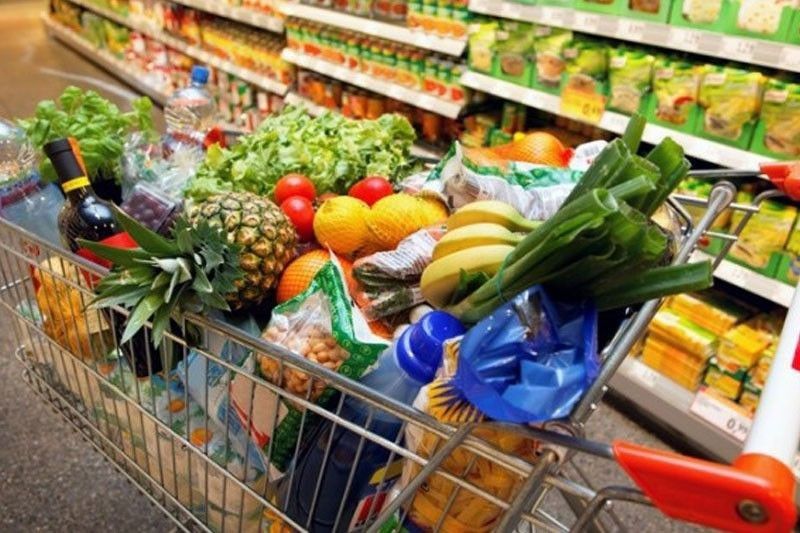Price freeze eyed to tame inflation despite failing to do so last time

MANILA, Philippines — A price freeze that last year proved ineffective on curbing rising prices has again become the Duterte administration’s top strategy to get surging pork and vegetable inflation under control.
President Rodrigo Duterte is set to issue an executive order (EO) that will put a cap on pork and vegetable prices, “hopefully this week,” Agriculture Secretary William Dar told reporters in an online briefing on Monday.
The controls are expected to be tight, specifying price ceilings of P270 per kilo for both pork shoulder and ham, P300 per kilo for pork belly and P160 per kilo on chicken. The draft EO is now with Duterte’s office.
Yet apart from specific price caps on certain products, how this latest round of price freeze would be different from that of last year remains unclear. Dar, for his part, is only banking of “stricter” enforcement from his office and the trade department monitoring suggested retail prices.
“This is one option. Our proposal has more teeth and we can implement it,” he said, without going into details.
Even the basis of a new price cap seems murky. Under Republic Act 7581, price controls of up to 60 days may only be enforced during a state of emergency or calamity. Hence, controlling prices was sensible back in November, when five succeeding typhoons hammered down farmlands and damaged crops.
This time however, Dar is poised to use the African swine flu as basis for price limits even if the epidemic had started crippling pork supply since 2019. Price controls, by law, are only valid for a period of 60 days.
Questions whether a new round of price limits would be effective prompted observers to offer alternative solutions. Bayan Muna Rep. Carlos Zarate said government should instead directly buy harvests from farmers and sell them at discounted rate to consumers.
"This is better than the recommendation of the Department of Agriculture for another round of price freeze for hogs and poultry because such a move would have a negative effect on local farmers and groups who are still reeling from the economic effects of the pandemic, African swine flu and bird flu," Zarate said.
Labor unions, meanwhile, are asking for fresh wage subsidies to offset rising living costs. "The damaging and deleterious effect of high and untrammelled commodity prices will translate to poor diets and inadequate nutrition for workers and their families," the Associated Labor Unions said in a separate statement.
Preventing a 2018 repeat
Dar is left facing his own threat of food inflation after becoming part of the government’s permanent fix to sporadic rice shortage that in 2018 pushed inflation up to a near-decade high. After that episode, Emmanuel Pinol, his predecessor, resigned from his post early 2019 after butting heads with economic managers over allowing more imported rice to come in. Dar took office in August that year.
At the time, inflation dented economic growth and pushed up hunger among Filipino families unable to cope with living expenses. The latest inflation surge, which involve vegetables and pork, may not be a result of structural deformities that crippled supply, but the impact is much more felt with record-high joblessness as a result of the pandemic.
The central bank had already ruled out acting on inflation caused by tight supply, rather than demand where monetary policy, or the control of flow of money in the financial system, works best.
The agriculture chief maintained price upticks are limited and largely also a result of unscrupulous traders jacking up prices, and which anti-trust regulators are running after now. “We have said that the supply of pork is very tight. We’re not hiding that. (But) there are those manipulating food prices and we have seen that, taking advantage of the situation,” Dar said, partly in Filipino.
“We have enough food supply,” he said.
- Latest
- Trending
































